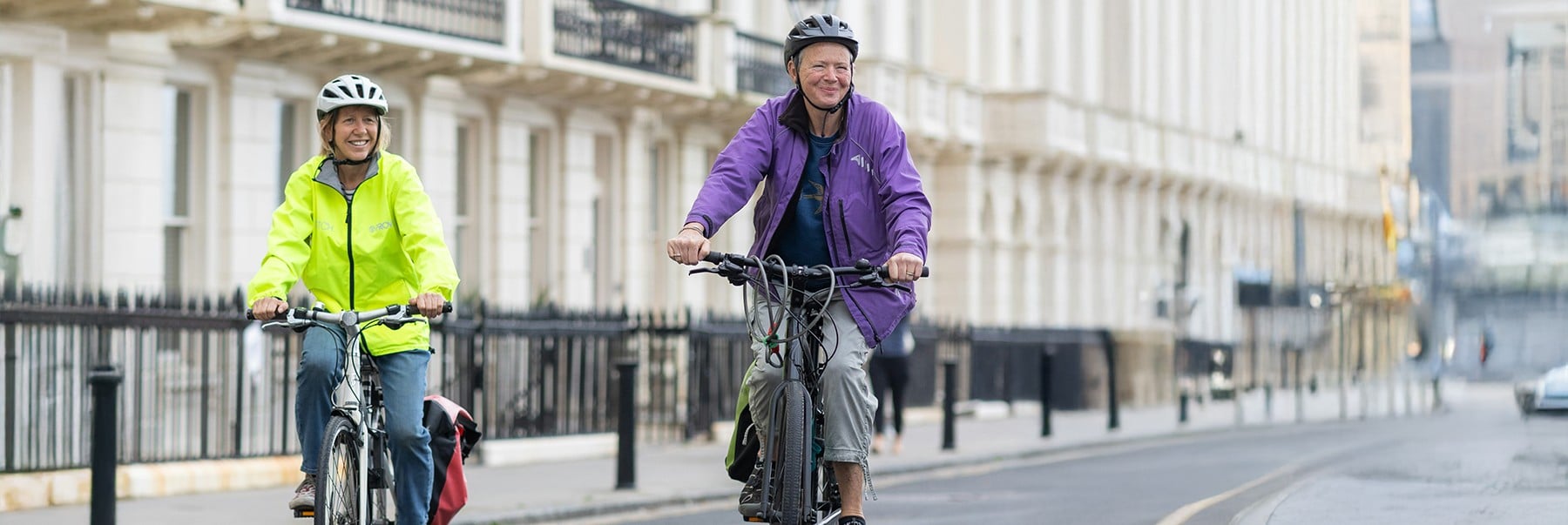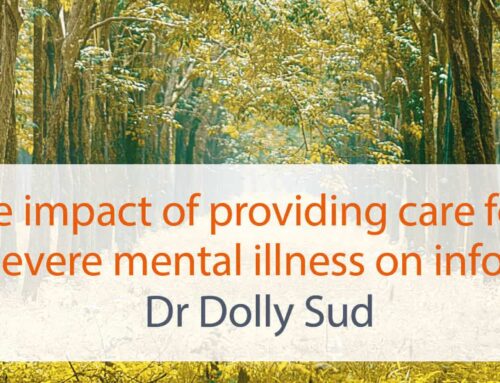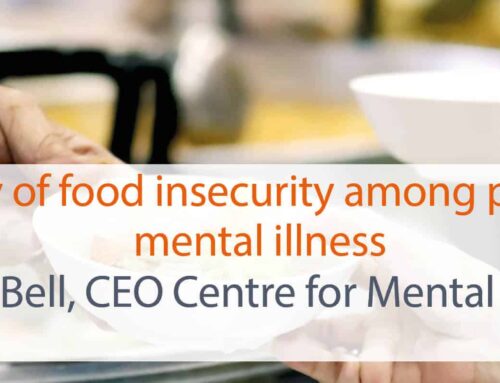I’m Hannah; I am an expert by lived experience with Equally Well UK and I have a severe mental illness. I say that I work for Equally Well first because that’s how I choose to define myself, at first at least. Just because I have a severe mental illness, it doesn’t define me as a person. However, it’s a difficulty I don’t choose to live with but have to endure.
I’ve identified a number of barriers facing people with severe mental illness in accessing exercise and fitness opportunities within inpatient settings. For instance, the hospital I was recently in has a gym – but I know this from a basic poster on the wall, rather than from any member of staff. In fact, I spoke to the majority of patients on the ward and the consensus was that no one actually knows if there really is a gym or if it’s just a poster. Being in hospital is very boring and one thing that could actually help a lot of people would be to use that gym. And it wouldn’t just help with boredom! It could actually help with their mental health, as exercise releases endorphins (one of the ‘happy hormones’) in the brain. So a barrier here is that, although there is the facility for people to exercise, even if patients knew for sure that there was a gym, the reality is that there wouldn’t be enough staff to take anyone or to assess whether they’re safe/able to use the gym.
On top of this, like I said, boredom is a big thing in hospital. I know that when I’m not feeling good and I’m bored, I reach for snacks – and that’s all there really is to do. So combined with medication changes, the weight goes on, and this further increases the lack of motivation to find out if this ‘gym’ really exists or to pursue other fitness options.
In terms of barriers to fitness opportunities in the community, I think there is a big lack of support for people with a severe mental illness – and not just from professionals. A lot of the time, people have become estranged from family and friends throughout their battle with their mental illness, and feel like they don’t have someone to help them or join them in doing exercise. However, most areas have befriending services; a friend of mine has built a really strong relationship with their befriender, and used their few hours a week to go for a walk with them. They have become best friends and still go on walks together to motivate each other. So it’s worth looking into whether there is a befriending service in your area.
Money is also sometimes an issue for people with severe mental illness: they often need benefits as they are unable to work because of their condition, so can’t afford to buy a gym membership, fitness equipment, or a bike. However, through social prescribing services, you may be able to get discounted membership for a gym or swimming – this is where your GP would come in handy.
However, I’ve also had a discouraging conversation with someone at the doctors who said, “You’ve tried everything [to lose weight] – in your circumstances, you’re fighting a losing battle”. If you get some plonker like that telling you that, then just rise above it and prove them wrong. I’ve lost 10 stone since that conversation!
Since I was put on medication from a young age, I have been an exercise phobic! Before medication, I was a dancer and an amazing gymnast, but now I couldn’t even dream of doing either of those things due to one of the many side effects of my medication: massive weight gain! In places like community gyms, I find myself conscious of my weight and get very paranoid and self-conscious that everyone is judging me.
But I did find solace in a bike! I LOVE my bike and I feel there is nothing better on a sunny day than just going for a bike ride with my partner. Also, as I can’t drive due to my medication, it makes an amazing mode of transport – and it makes me feel amazing! If you’re struggling to do what to do whatever it is by yourself, then try doing it with someone else. Experiencing that together makes it even better.
So my take on fitness and physical activity is that it’s completely individual to each person. Riding my bike has had a massively positive effect on my mental health! The key is to find out what you enjoy doing and try a few things out before giving up. Even if you don’t feel motivated to do anything, you still should try, because to get motivated, you have to take that first step in the right direction that will get you to that place where you feel motivated, and you’ll feel so much better in the end. I always try and remember this feeling to get me motivated, instead of sitting on the sofa eating a bunch of rubbish food that I know I’m going to feel bad about afterwards.
Find what you enjoy exercise-wise and don’t just do what everyone tells you, because the gym or even bike riding is not for everyone. Like I said, the gym is not for me, but there are so many other options out there. And if it is the gym, then enjoy and embrace it!
Author: Hannah Moore, Expert by Experience Equally Well UK






